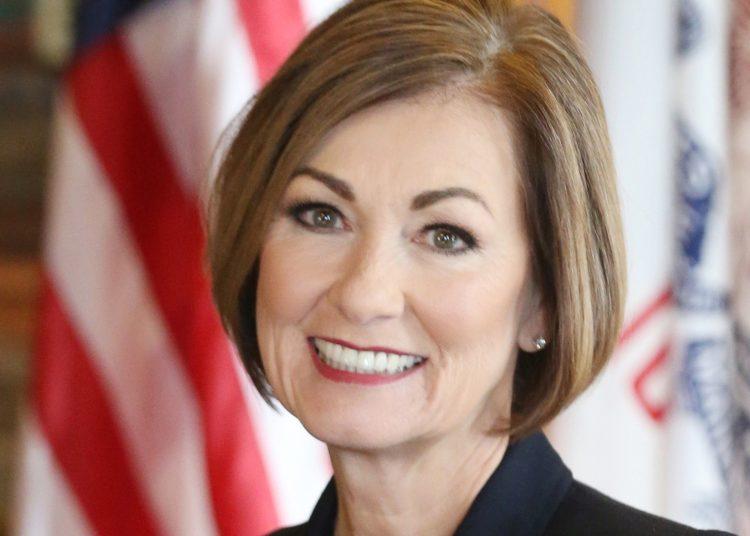DES MOINES, Iowa – During her 2022 Condition of the State, Gov. Kim Reynolds introduced a tax reform proposal she says will benefit every taxpayer in Iowa. The bill, SSB 3044 /HSB 551, was introduced on January 19, 2022.
At LBS in Des Moines, an employee-owned book binding and luxury packaging business, Reynolds discussed in detail her tax plan which will eliminate taxation of retirement income.
Beginning in tax year 2023, Iowans age 55 and older would be exempt from state tax on retirement income earned from individual retirement account distributions, taxable pensions and annuities.
In addition, Reynolds’ tax plan would reduce individual income tax to four percent by 2026. All Iowans who pay income tax would see a significant cash savings. In the first year alone, taxpayers will save almost $500 million.
“There’s never been a better time for bold, yet practical tax reform that meets the priorities of the state, allows Iowans to keep more of what they earn, and creates a highly competitive tax system,” Reynolds said. “This historic tax cut will benefit every taxpayer, and turbocharge widespread, broad-based prosperity in our state, and most importantly, it rewards hard work.”
When Reynolds took office in 2018, Iowa had the 6th highest individual income tax rate in the nation. That same year, she proposed, and the legislature passed the largest income tax cut in state history, and Iowans benefitted from a ten percent across-the-board cut in the first year. In 2021, Iowa took another step forward by enacting an additional $400 million in tax cuts—phasing out the inheritance tax, eliminating the mental health property tax levy and expanding the Beginning Farmer Tax Credit. If passed, Reynolds’ currently proposed tax bill will move Iowa’s income tax rate from one of the highest to the 5th lowest in the nation.
Reynolds says her tax bill encourages corporate investment in our state to help accelerate economic growth and sends a message to the country that Iowa is open for business and will help boost Iowa’s uncompetitive corporate tax structure. For every fiscal year in which net corporate income tax receipts exceed $700 million, the surplus will be used to buy down the top rate, which would go into effect the following year. Assuming a surplus, this process is repeated every year until a 5.5% flat rate is achieved. At that point, the rate is capped, and any further surpluses go into the state’s general fund.
For farmers, age 55 or older who have farmed at least 10 years and are retired, this bill allows an option to eliminate the tax on cash rent or crop share agreements for all years the income is earned.
Iowa Senate Republicans recently introduced their own tax reform bill.
















